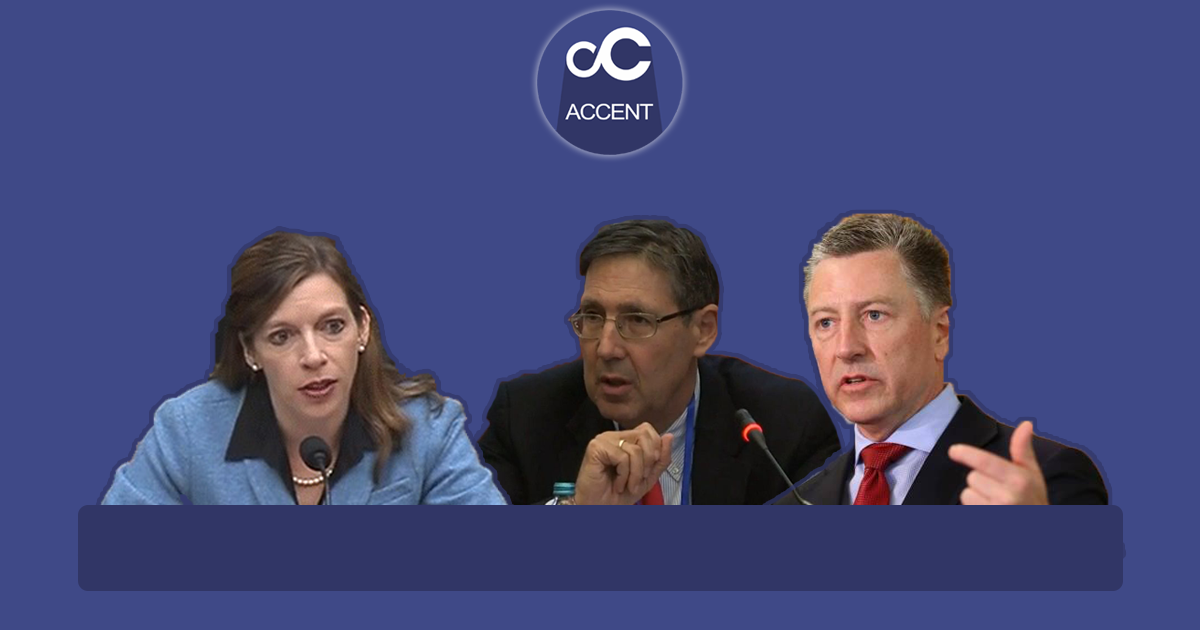
GIP's study on Georgia’s 2022 performance in four key governance areas, including democracy and human rights
03/02/2023 17:50:36 Politic
The Georgian Institute of Politics (GIP) has published Georgia Governance Index (GGI).
According to GIP, the Georgia Governance Index (GGI) analyzes and measures the performance of Georgia in four key areas of governance: democracy and human rights (democratic governance), effective state and state institutions (effective governance) social and economic policies (socio-economic governance) and foreign and security policy (external governance).
While the index focuses mostly on Georgian state institutions it also includes analysis of other actors, including political parties and civil society organizations.
"While numerous indices and rankings include Georgia in their worldwide or regional analyzes, a context-specific, country-focused, in-depth annual exploration of Georgia’s performance is still lacking." GIP said.
"No other country-based organization has so far made this attempt. While GGI partly complements international indices in terms of both methodology and empirics, it provides a unique inside-out view, as well as innovative methodological tools. GIP’s index will communicate Georgia’s democratic and economic performance to the Georgian public and a variety of stakeholders to meet increasing demand for a comprehensive report on the subject.
In terms of methodology, GGI employs both qualitative and quantitative techniques and epistemologies. The grading system is based on the GGI Expert Survey which was conducted among 40 Georgian experts working in different domains. The quantitative survey was supplemented by qualitative analysis conducted by GIP’s team.
The current report is the second iteration of the GGI. In terms of results, similar to the first report, the 2022 report depicts a bleak picture. Georgia’s performance was suboptimal in all four areas of governance. The country’s record was especially poor in the area of democratic governance while the effective and external governance areas also received low scores. Social and economic governance received a relatively high score, albeit still low and under the mid-point of the 0-100 scale.
Overall, the 2022 GGI Report and Expert Survey was dominated by foreign and security-related issues which is unsurprising considering the major geopolitical events taking place in Georgia’s close geographic proximity and wider Europe. Accordingly, new security-related vulnerabilities have come on top of existing long-term challenges such as judicial reform. These newer challenges include the management of Russia-related security risks and cooling relations with Western partners and Ukraine," GIP said.
Key Findings
According to the study, democratic governance remained the weakest area among the four governance areas studied by GGI:
- "Democratic governance – still the weakest link. As in 2021, in 2022 democratic governance remained the weakest area among the four governance areas studied by GGI. It also once again received the lowest score in the GGI Expert Survey. The continuous political crisis coupled with a high degree of polarization and radicalization, failure of judicial reform, violence against journalists, and the failure to receive EU candidate status due to democratic regression were among the major challenges faced in democratic governance during the year.
- Sharp decline in civil society score. Somewhat unexpectedly, the category of civil society showed the biggest drop in its GGI expert rating in 2022 losing almost half of its score. The reasons behind this may be increasing polarization and political radicalization as well as a policy by the Georgian government and satellite actors to demonize civil society organizations which has hindered their effectiveness and damaged their image as neutral actors. Still these organizations and grassroots protest movements continued to have a significant impact on political and social life in Georgia throughout 2022.
- Failure of judicial reform remains the Achilles’ heel of Georgian democracy. For two years in a row the provision of justice and failure of judicial reform are being identified as the most problematic categories of all governance areas both by the report authors and surveyed experts. Moreover, similarly to last year, the GGI expert survey again identified the reform of the judiciary as the most pressing issue for 2023.
- Other old and new challenges to democratic governance include polarization and radicalization, single-party rule, distorted checks and balances, the abolition of the state inspector’s office, and new controversial amendments to the Criminal Procedure Code on surveillance and wiretapping.
- Positive changes in 2022 include legislative amendments on the election of the prosecutor general and new electoral legislation including electronic voting starting from 2024."
Effective Governance
As GGI said, major challenges in 2022 include informal governance, the fight against elite corruption:
- "Effective governance continues to be another problematic category which received the second-lowest assessment alongside external governance (35 points out of 100) in the GGI Expert survey, coming above only democratic governance. As in 2021, major challenges in 2022 include informal governance, the fight against elite corruption, and the failure of the authorities to extend the state‘s monopoly on the use of force to all societal segments (such as church and far-right groups) and the lack of progress towards the occupied territories. Borderization and the kidnapping of Georgian citizens in areas adjacent to the occupied territories remained an issue throughout the year.
- Informal governance and state capture remained a major challenge in 2022. In the GGI Expert Survey, the fight against informal governance received just 2.5 points out of 100 - the lowest score in all categories. Moreover, while informal governance in previous years largely remained a domestic issue in 2022 it also attained an international character. Georgia’s accession to the EU now depends, among other things, on getting rid of oligarchic governance which is among the 12 recommendations stipulated by the European Commission as conditions for granting Georgia EU candidate status.
- Fighting (elite) corruption remains the second most important challenge next to informal governance. However, the functioning of enforcement mechanisms against bureaucratic corruption was evaluated positively.
- Stable performance on public services received the highest score (50 out of 100) among all indicators of effective governance. Nevertheless, serious gaps and challenges remain: judicial reform, fighting informal governance and oligarchy, and anti-corruption reform including the creation of an independent anti-corruption agency.
- To boost Georgia’s effective governance score, GGI experts also provided numerous recommendations among which three stood out as most frequently mentioned: judicial reform, anti-corruption reform/creation of independent anti-corruption agency and fighting informal governance and oligarchy."
Social and Economic Governance
According to GGI, In 2022, Georgia’s performance in social and economic governance received the highest score in the GGI Expert Survey (45 out of 100) outperforming other governance areas. However, is said that "the key challenges identified in previous reports remain unresolved.":
"State authorities lack a comprehensive longterm reform agenda in key areas.
Strong economic recovery but growing inflation. In 2022 Georgia continued experiencing a strong economic recovery accompanied by high inflation and tight monetary policy, which threatens economic growth and inclusiveness. According to the GGI Expert Survey key challenges in this area include problems in social care policy, rising inequality, social impacts of increased migration from Russia, and increasing prices on pharmaceuticals. On the other hand, introduction of the DRG system was unanimously hailed as a major step forward in 2022."
External Governance
According to the study, the GGI score of External Governance decreased in 2022 from 45 to 35 (out of 100).
"As a result, it shares second place with effective governance. This arises from the failure of the country to deal with the risks and opportunities emanating from the Russia-Ukraine war and the changing geopolitical landscape in Europe.
The major positive event related to Georgia’s external governance in 2022 was Georgia finally getting an EU accession perspective. Other positive developments included Georgia playing a role in the mediation process between Azerbaijan and Armenia, as well as the increasing strategic importance of Georgia’s transit and energy potential amid geopolitical competition between Russia and the West. On the negative side, according to the GGI Expert Survey, major challenges in 2022 included Georgia’s confrontational course with Ukraine and the West, failure to get the EU candidate status and the suboptimal reaction to Russia-related security risks.
According to the GGI Expert Survey, the main recommendations to boost external governance in 2023 include the improvement and further deepening of relations with the West, the revival of the Associated Trio and improvement of relations with Ukraine as well as the implementation of the 12 conditions from the EU Commission for the granting of EU candidate status."









